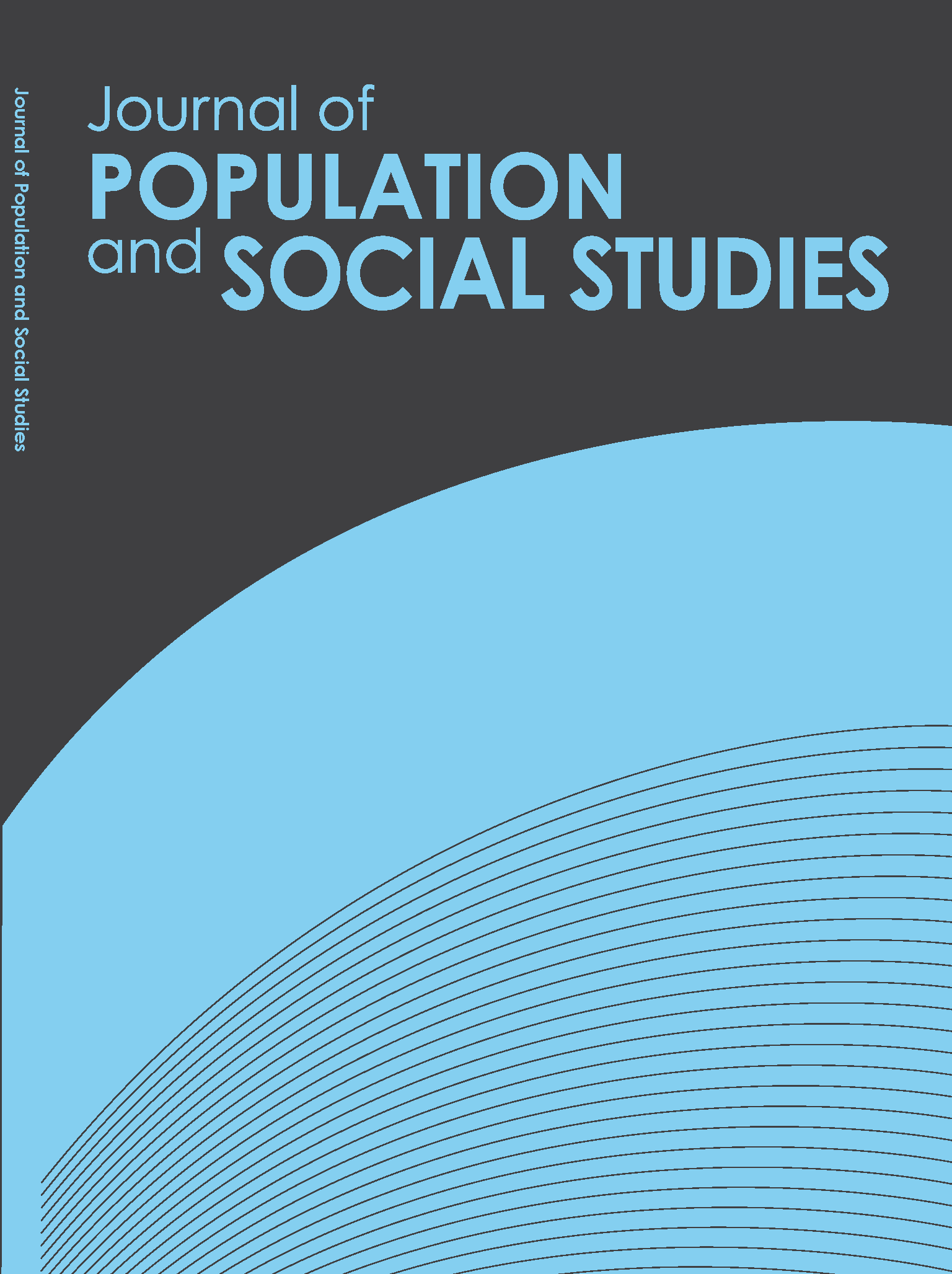Unwilling and Unwitting: Problems of the Thai Construction Workers Dealing with the Newly Emergent Risk of Nanomaterials
Main Article Content
Abstract
The construction sector is one of the major factors of economic growth in Thailand. As an industry, it provides an alternative career for almost 2 million seasonal migrants from the agricultural sector. Unfortunately, unskilled construction workers are one of the most neglected groups in Thai society, frequently assigned to work in high-risk, unsafe working conditions. They have neither the knowledge nor the bargaining power to prevent this.
This research aims to investigate the level of knowledge among construction workers on health risks posed by engineered nanoparticles (ENPs) contained in construction products such as tile grout and paint.
Most ENPs are recognised by both scholars and international organisations as new carcinogenic agents, but the public still has little knowledge and even less awareness of this problem. This study conducted a survey of 1,055 construction workers in Bangkok, and the Northeast, North and Central regions of Thailand in order to reveal the level of existing knowledge of this newly emergent health risk. The findings
from this study highlight a low existing knowledge of the health risks presented from daily usage of construction nanotech products among workers. However, the exposure level is rarely high. Analysis of the determinants of risk exposure reveals that age, work experience, work position and size of firm determine potential exposure of worker on health risk from ENPs.


